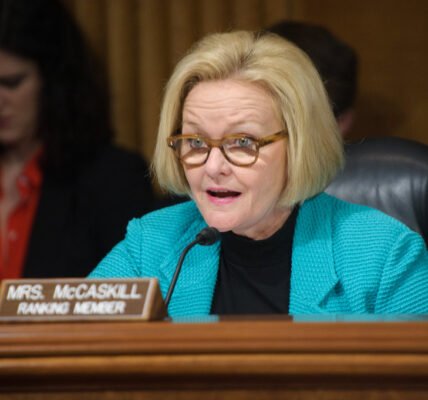Thinking about retirement and planning to sustain your lifestyle after you stop working requires a great deal of time and effort. It might even get a little overwhelming for you at times, but what you do today can help you achieve what you want later in life and enable you to maintain high quality living standards for years without having to get a part-time job. Here’s how you can reach your goals in a realistic and manageable way.
Start an emergency back-up saving
Things can get really difficult if you don’t have a base-amount saved for at least 3 months to deal with any unexpected expenses. Sometimes when you leave your jobs, there can be significant delays before your pension money or social security is released. Therefore, it is quite necessary to have some savings that you can rely on to cover your expenses in case of delays during the time that follows retirement.
Formulate a retirement budget in writing
Everyone thinks about managing expenses after retiring from a job. It is extremely important to weigh-in your cash flows before and after you retire. The way to deal with this and analyze it thoroughly is to make an accurate assessment of what your estimated spending will be like after you stop working, how many corners will you have to cut and what changes will it make in your lifestyle. You should anticipate the need of 80% of your current income in cash flow during retirement. The reason is because at that time, hopefully, you will have your mortgage paid. You should also decrease your expenses gradually as you get closer to retirement.
Come up with an Investment Plan
Making an investment plan will enable you to know what your money needs to do for you to have a disciplined approach to follow throughout retirement and for selecting the most suitable and appropriate ways to invest. An investment plan is a road map you must follow in order to meet your goals in a manageable way.
- You can open a personal retirement account
- 401(K): offered through your employer, so check with human resources to know what your options are. It is a great account because employers usually match up to a certain percentage of your contribution. I always suggest that you max-out your 401(k).
- 403(b): This is similar in some ways to a 401(K) account, but it applies to employees of a non-profit organization. What you earn from this type of retirement will grow tax free, but its disbursement is considered taxable income. Keep that in mind.
- 457(b): Offered to government employees (state and local). Most retirement account will charge high fees if you start distribution before you reach 59 and half years of age, but 507(b) is not one of these accounts.
- IRA: Stands for Individual Retirement Account and is only available to people with earned income. Its distribution is also considered taxable income.
- Roth IRA: Is kind of the opposite of IRA because you get to pay taxes on your contribution to that account, but the growth and distribution are both tax free.
- Self-directed IRA: This is very much like a regular IRA with the exception of where you can allocate your funds. You can direct your retirement funds in investment in Cryptocurrencies, real estate, gold and more.
- HSA: Stands for Health Savings Account, but they are different from most other retirement accounts. HAS is used to save funds for health care during retirement.
Weigh in some good health insurance options
If you retire a little early, health insurances can be a bit of a nuisance because they’re very expensive. Never forget to cover healthcare no matter what kind of plan you come up with. Medicare is available for people who are 65 and older, and also for people dealing with certain illnesses. If you retire after 65 chances are that Medicare will be your primary insurance, but keep in mind as of 2020 Medicare only pays for 80% of your medical costs. Getting a Medicare supplement, Medicare advantage, prescription drug plan, HSA might help you supplement your Medical needs. If you retire before age 65 be sure to plan heavily for your medical needs as employer subsidize a good part of your health care plan when you get health insurance with your job.
Downscale your debt
During the time leading up to your retirement from work, consider accelerating your mortgage payments so that your debt can be levelled at the time you leave working or else it will build up immense pressure on your financial well-being. You can also curb the credit card loans by minimizing its use and moving towards cash for any major purchases. By reducing potential debt and clearing existing loans, you will curtail the amount of your retirement income that might be spent on paying interest on those loans.
Run online simulations on calculators
Online estimation calculators can help you predict how long a certain amount of saved money can last according to your expenditures, retirement dates, rate of return and inflation rates. Be sure to try those for information purpose only, so don’t make your decision just based on online calculators.
Read books about ideas on retirement investment
You must start from the scratch and know the basics, so books are probably your best friends in this journey to learn about investment options, retirement planning and cash flow management. There are many strategies and an overwhelming selection of financial investments out there in the market, increasing your knowledge and sharpening your decision-making skills will allow you to come up with the best way forward.





